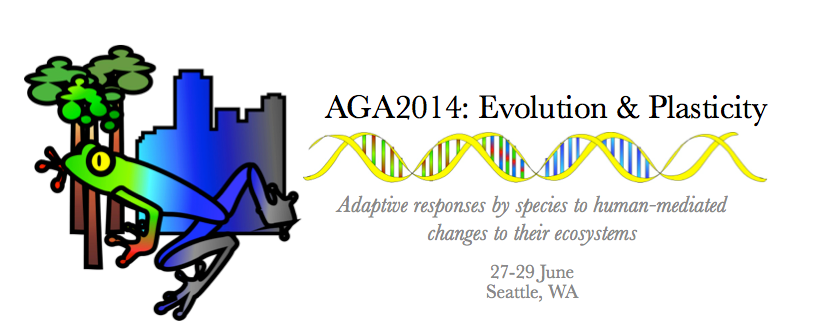
A lot has been written on this general theme in the last decade or so, but most people have focused on either evolution or plasticity, not both. This meeting will encourage contributions that jointly consider the range of adaptive responses populations can make to changes in their ecosystems (and what this means in a practical way to their probability of persistence), as well as contributions that look for patterns or contrasts across different taxa.
The meeting is expected to be fairly small (150-200), with a single concurrent session, 20-24 talks of mostly 30 minutes each, and lots of posters. David Reznick from University of California, Riverside will present the Wilhelmine Key lecture as the keynote talk.


Check out our Editor's Choice article by Zimmerman et al., examining the great plains bison at American Prarie, while our cover this issue is courtesy of Winter et al., who lay out the best assembly yet of the beautiful Ural owl
AGA member have elected a new President and Councilors.
Jeff Good
Katie Lotterhos
Al Roca
Christine Edwards
Klaus-Peter Koepfli
Michael Russello
Nevé Baker
Apply now for an AGA
Any questions? Contact the Managing Editor at theaga@theaga.org.